
While discussing the youngest character “age,” the “baby,” I got sidetracked onto the subject of “verbs + desu.” But that’s fine. Let’s continue with this topic and look at another real-world example of desu attached to a verb.
In Chapter 1 of Jinsei Piro Piro (Kadokawa Group Publishing Co.,Ltd., 2005) Satonao(1) disconsolately writes: “Unlike Osaka, at the Tokyo main office, my coworkers had no time for lunch. Nobody ever invited me to have lunch.” After venting his resentment for a while, Satonao adopts the voice of a fictitious reader/heckler, saying to him “Huh? Why didn’t you invite them to lunch,” to which Satonao replies that he did invite them, but they turned him down. “One day I worked up my courage and invited (osasoi shita desu yo) some of the younger staff.” Here, the “verb osasoi shita + desu” is used in the place in the text where Satonao is retorting to, or rather informing, his heckler of what happened. Maybe it’s just me, but I felt that this use of osasoi shita desu yo, albeit awkward and uncomfortable, makes the point, and conveys the sense of reopening an old wound, better than osasoi shimashita yo in this retort/report.
In Chapter 4 of the same book, he describes how, although he has eaten six or seven meals that day, he was taken to a Western restaurant by a senior staff member, who recommended the beef cutlet to him. “I ate it with tears in my eyes (nakinagara kutta desu). That mediocre beef cutlet.” Again, perhaps only I feel this way, but here too one must use the kutta desu rather than kuimashita (I ate…) when making an uncomfortable account such as this.
Therefore, careful consideration is needed before we dismiss the “verb + desu” form as an “aberration in modern parlance.” In fact, “verb + desu” has been around for quite some time.
For example, in Natsume Soseki’s Koofu(2), a young, inexperienced man, fleeing his wealthy home in Tokyo, uses expressions such as hataraku desu (I’ll work) and yaru desu (I’ll do it). When he decides to become a miner at a copper mine, the broker aiding him emphasizes that “miners make a lot of money.” For some reason, this seems to makes the man nervous. He shares his immature opinion: “I don’t care that much about making money. But I’ll do the work all the same (Shikashi hataraku koto wa hataraku desu). As long as it’s honest work, I’ll do anything (Nan de mo yaru desu).” After being taken to the copper mine by the broker, the head of the worker’s camp advises the young man: “you won’t make any money, and [the work] will be too hard for you.” Rather than admit he’s been duped, he claims that he understood this, and volunteered to be a miner anyway: “I knew that. I already knew it (Sorya shitteru desu. Boku datte shitteru desu).”
In Morio Kita’s Nireke no Hitobito (1964), Sakuma Kumagoro, the Nire’s houseboy, uses this pattern, saying to the Nire’s children “Mr. Ooshuu is a remarkable man (sootoo no jinbutsu de aru desu zo), and “Do you know how hard it would be for us to raise a fleet (donna kuroo o shita desu ka)?” Furthermore, getting drunk at a party, he says “I feel that I was born at the Nire Hospital (ki ga suru desu zo),” “By the way, sir, from today I am a Nire (boku wa Nire-sei ni naru desu zo)” and “You fight well, my opponent (naka naka yaru desu zo).” It is well known that the film director Yamamoto Shinya (1939–) used the “verb + desu” pattern.
We can probably affirm that these incidences of “verb + desu” (or at least the recent examples) are close to the speech of the “baby” verbal character, whose “status” and “age” are low. But, they are not as generally recognized as expressions like taberu dechu (I’ll eat [infantile]) or wakatta deshu (I understand [infantile]). This indicates that dechu and deshu are more versatile as compared with desu.
* * *


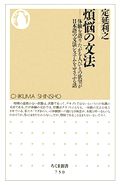
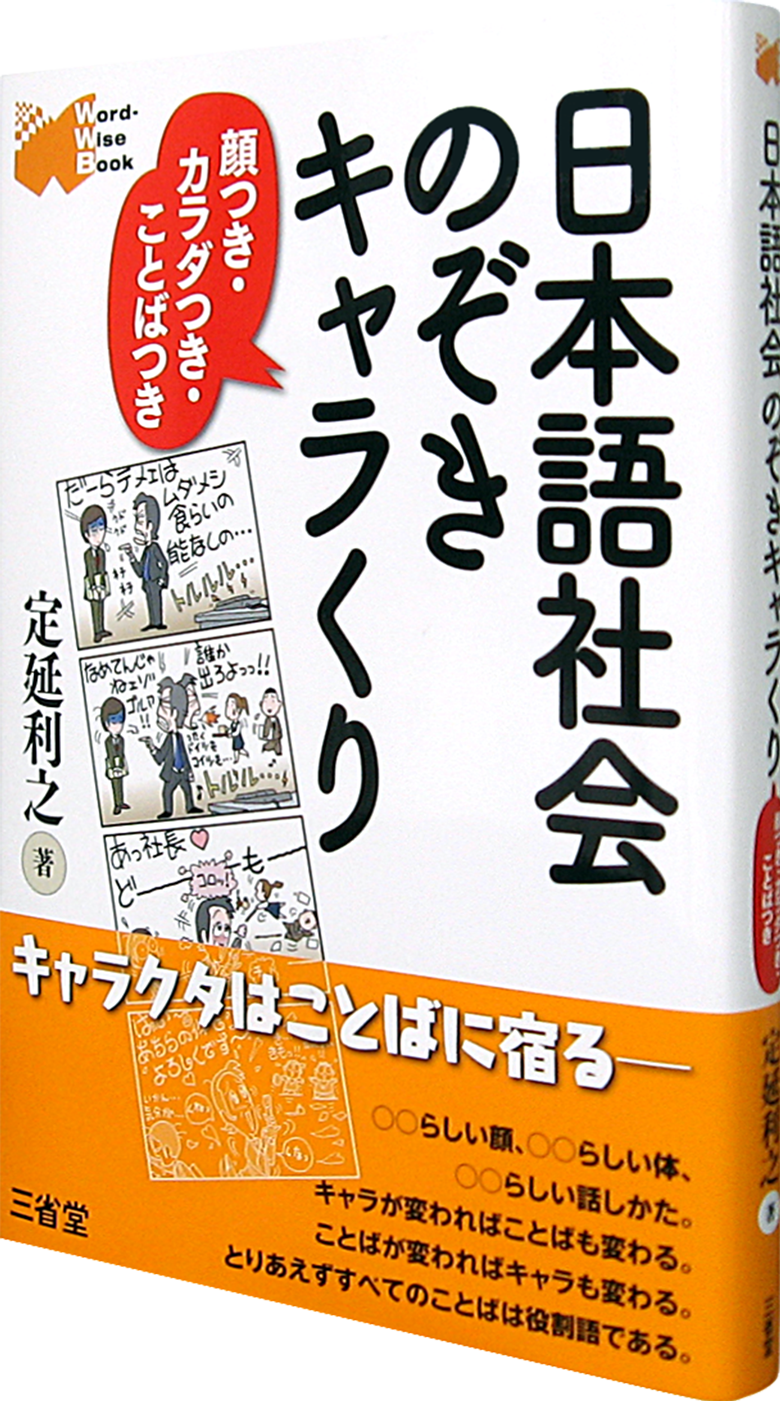
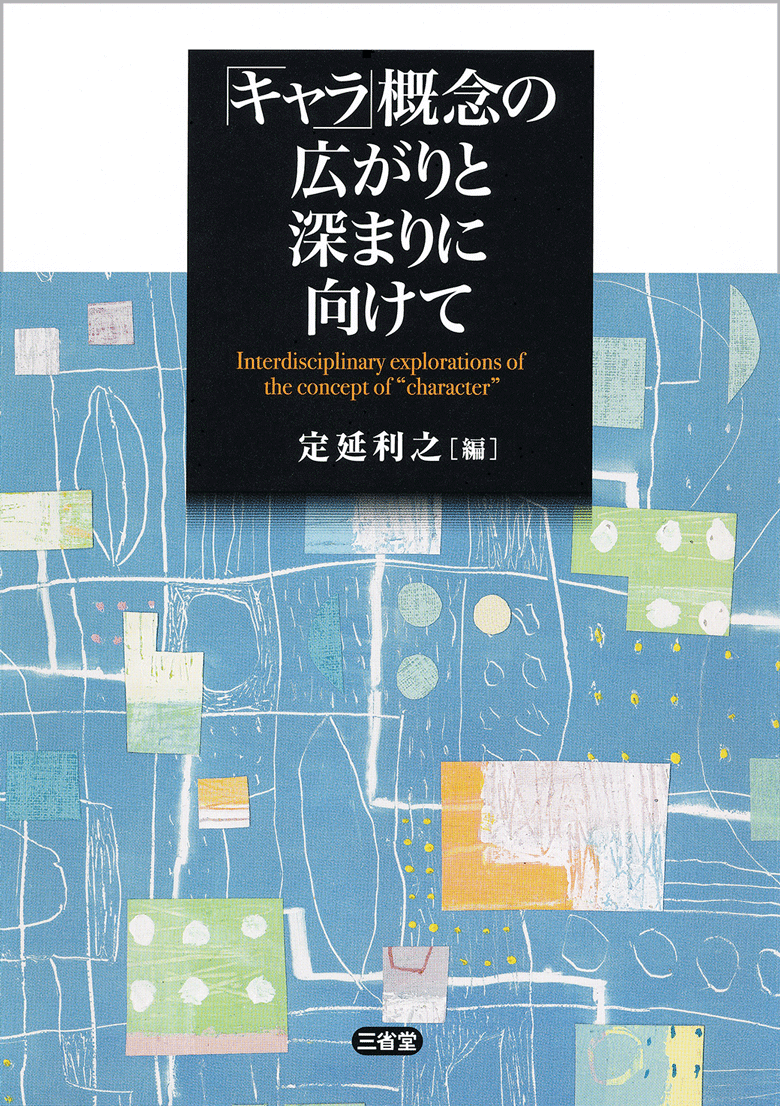

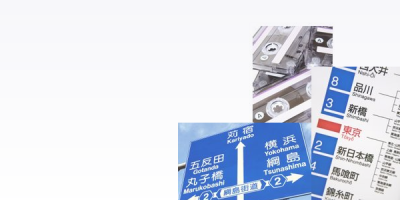

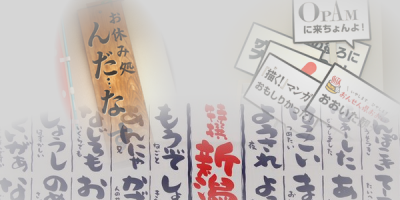
(1) Pseudonym of Sato Naoyuki (1961– ), Senior Creative Director of Dentsu Inc.
(2) English title: “The Miner” 1908